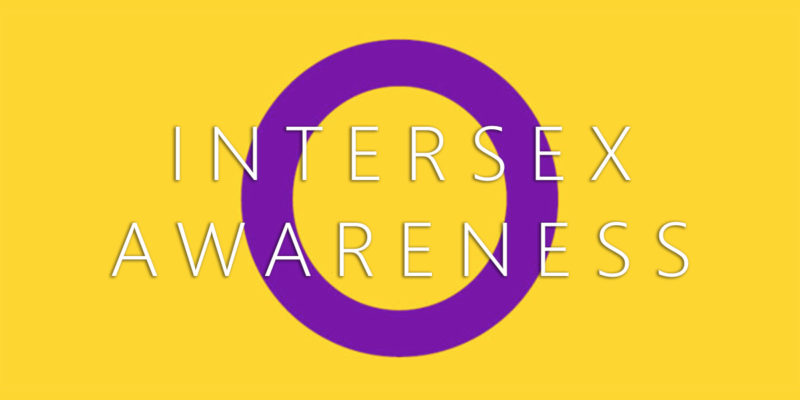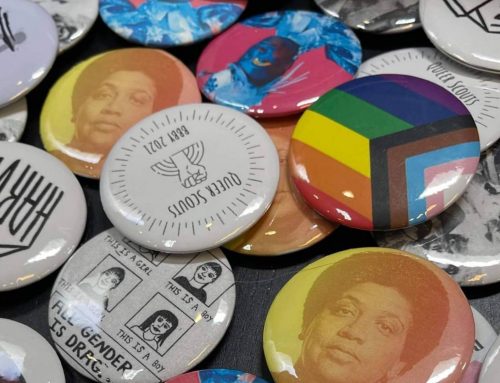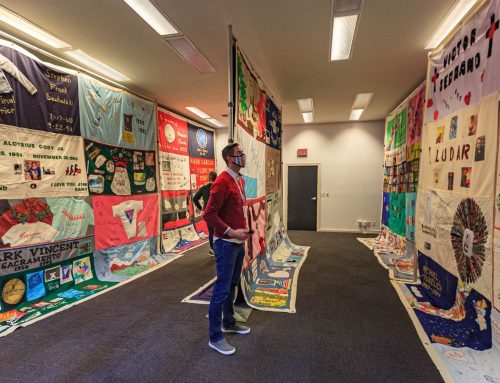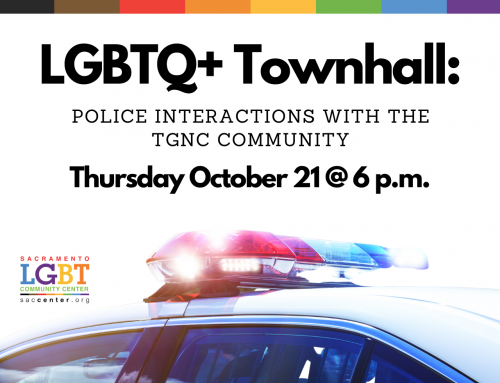This past Sunday morning, many in our community awoke to the news that the Trump administration was planning changes to federal civil rights laws that would define sex “as either male or female, unchangeable, and determined by the genitals a person is born with,” and that any confusion would be clarified through genetic testing.
Most people interpreted this effort as a blow to transgender rights — and it is. But amid all this, the intersex community was also going to feel a very direct blow to their very existence.
This leaked memo made it clear that only two genders would be recognized, despite there being more than two genetic options at birth. Even more so, this directive claimed that gender is “unchangeable” after birth, despite what so many in the intersex and transgender communities have experienced to the contrary — both with and without their informed consent. In fact, hormones and surgeries that are often denied to transgender people are still imposed on intersex children all the time.
The desire to categorize people into societally-determined boxes has led to sterilizing children and enacting medically unnecessary surgeries on them, something that was recently outlawed in California.
While these efforts from the Trump administration within the Health and Human Services department, the United Nations and our judicial court systems are all threatening to further retract gender identity rights and protections, we would like to use this as an opportunity to explore the beauty that comes with living in the spectrum rather than the binary.
Today is Intersex Awareness Day. Intersex people have always existed, but it wasn’t until roughly the 1950s, that intersex people became targets of nonconsensual medical interventions in attempts to fit all bodies into a false binary. The first time intersex people took a stance and demonstrated publicly against our medicalization was on October 26, 1996 in Boston.
What exactly does intersex mean?
Intersex is an umbrella term used to describe a variety of conditions, from slight deviations in the size and appearance of genitalia to genetic variations from XX and XY chromosomes — and everything in between.
A report published in the American Journal of Human Biology, in 2000, found as many as 2 percent of live births may deviate “from the ideal male or female.” However, the report, which surveyed medical literature from 1955 to 1998, found the frequency of individuals receiving “corrective” genital survey was probably between 0.1 and 0.2 percent of live births.
“For many decades, the standard of care for intersex newborns included surgical procedures to make them look as typically female or typically male as possible,” Dr. Susan Stred, a pediatric endocrinologist, said in a video posted by Human Rights Watch.
Though intersex is often thought of as an inborn condition, intersex anatomy doesn’t always show up at birth. Sometimes a person isn’t found to have intersex anatomy until she or he reaches the age of puberty, or finds themselves an infertile adult. In fact, some people live and die with intersex anatomy without anyone (including themselves) ever knowing.
Here are ways to recognize and support the intersex community today (and every day!)
- Allies can participate online all week by showing support for #IntersexAwarenessDay and amplifying the voices of intersex people online and on social media platforms.
- Bring in and amplify more intersex voices in your community. In fact, you may be familiar with some intersex leaders. Intersex people are organizers, activists, supermodels, scientists, filmmakers, scholars, chefs, artists, politicians, and more. Recent years have brought forth a tidal wave of new coming out stories.
- Pregnant or planning a family? Get informed on the topic of gender variation early in the process so that you aren’t led by fear, misinformation and emotion should your child fall into the spectrum where medical professionals often intervene. You can find resources here.
- Most of all: Learn, ask questions and make sure that you aren’t perpetuating stigma out of a lack of information or exposure.
Happy Intersex Awareness Day to one and all!!!!
If you are seeking support as someone who is intersex, transgender, gender nonconforming or non-binary, please let us know. We are here to help and in addition to having a well-informed staff, we provide resources to affirming healthcare professionals as well as support groups.
Let us know how we can help you!





